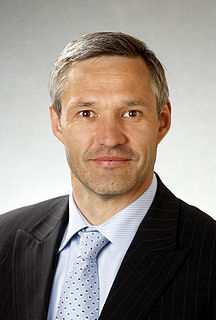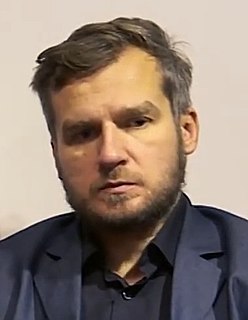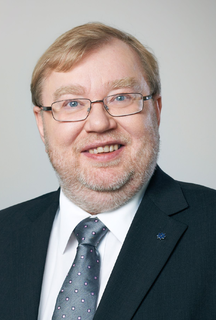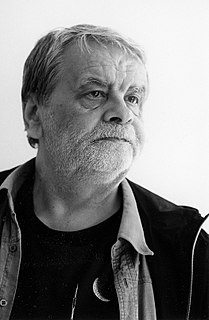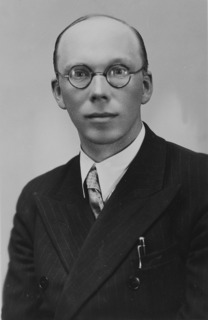Top 75 Quotes & Sayings by Taavet Hinrikus
Explore popular quotes and sayings by Taavet Hinrikus.
Last updated on April 14, 2025.
I was in my early 20s when Estonia joined the E.U. For a kid who'd grown up in the Soviet Union, it seemed like my country had come of age. For a country that had been isolated and cut off from the rest of the world, it seemed like we were becoming part of the global community. It opened a whole new world of possibility.
I spent my workdays at Skype creating a more connected world. We were shrinking the distances between people, making it easier to connect across countries. Then I'd go to my bank to transfer my euros to pounds, and it was like going back in time 50 years: expensive, inconvenient, and painfully slow. It was a nightmare.
When we talk about technology changing the world, we often hear about how it makes our lives easier, more connected, safer, or even healthier. They're all things we can easily identify with. The Internet makes our lives easier; services like Skype and WhatsApp allows us to be more connected - the examples are endless.
A seed depends on a whole host of factors to grow - from the fertility of the soil to the right mix of rain and sun to not being eaten by a passing bird. The same goes for an idea. For an idea to really take hold, other factors come into play, from timing to the emerging technology that makes it possible.
The fact that Skype was founded in Estonia, the fact that Skype had a successful exit, which meant that Estonia benefited in a major way, meant that entrepreneurship became legitimate. There were more than a thousand people who either worked or had worked at Skype who had seen what it takes to build a global business.





